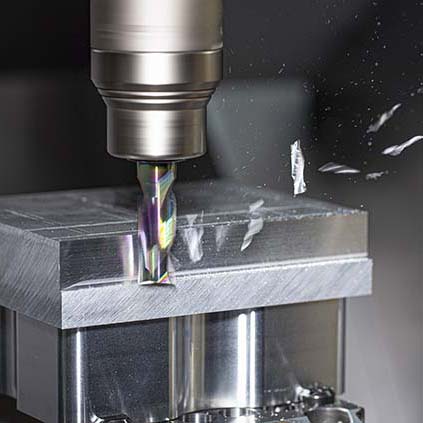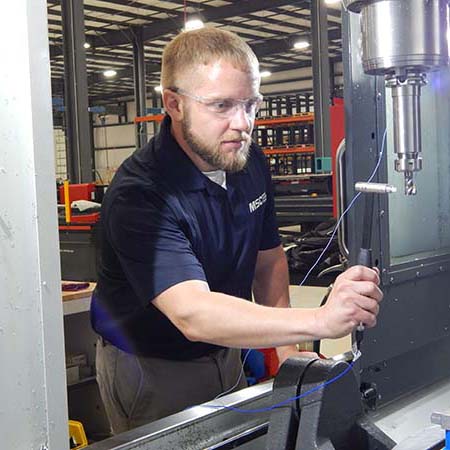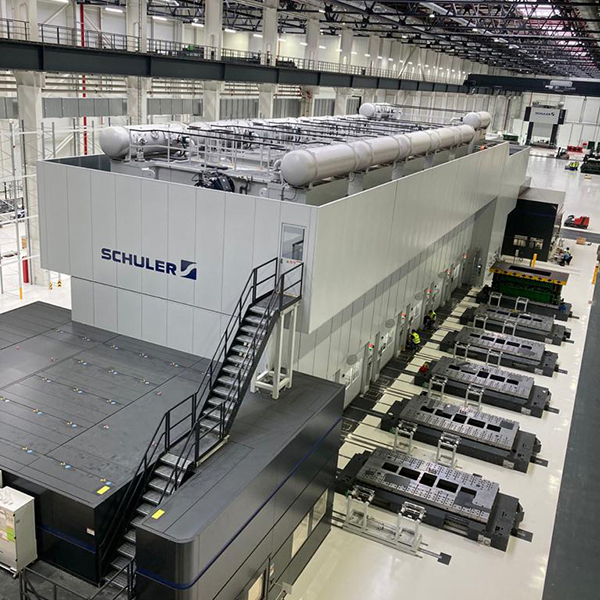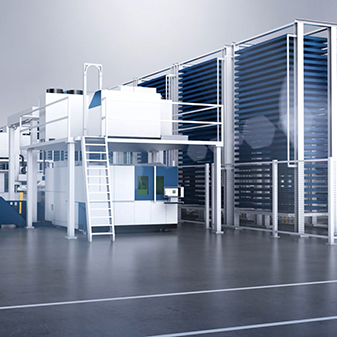
Hofmann & Vratny is introducing its new EXN1 series for machining aluminium, plastics and other non-ferrous metals. ‘EX’ stands for expert, the company’s highest quality level, while ‘N’ is the ISO code for non-ferrous materials and ‘1’ stands for version 1.0.
In addition to extensive tests in the company’s own research and development department, wide ranging field tests have confirmed the performance of the EXN1 series, supported by positive feedback from enthusiastic customers in sectors such as food, automotive and aerospace.
H&V’s test phase showed that it is possible to reduce production times significantly by switching to the EXN1 series. With the use of the new Performmaker (end mill), one customer was able to reduce machining time per component by more than 50 % thanks to the application of larger depths of cut and higher feed rates.
During the development of the new series, H&V’s focus was on increasing tool life, surface quality and process reliability. The milling cutters feature a special cutting-edge preparation with defined edge rounding that ensures homogeneous cutting edges throughout, even cutting force distribution and – as a result – reduced wear. The manufacturing tolerances for radius and concentricity are now 0.003 to 0.005 mm, ensuring the best possible level of accuracy.
New high-performance geometry with refined grinding pattern and tuned micro cutting edge ensures a sharp cut and high chip removal. Furthermore, the milling cutters take advantage of a fine-grain substrate specially designed for machining non-ferrous materials. This interaction of geometry and substrate results in high performance, reports H&V.
The portfolio includes 35 article groups (645 individual articles) consisting of end mills, roughing mills, finishing mills, trochoidal mills, single-flute mills, torus mills, full radius mills and micro-milling cutters with diameters ranging from 0.1 to 20 mm.
For further information
www.hofmann-vratny.de/en























